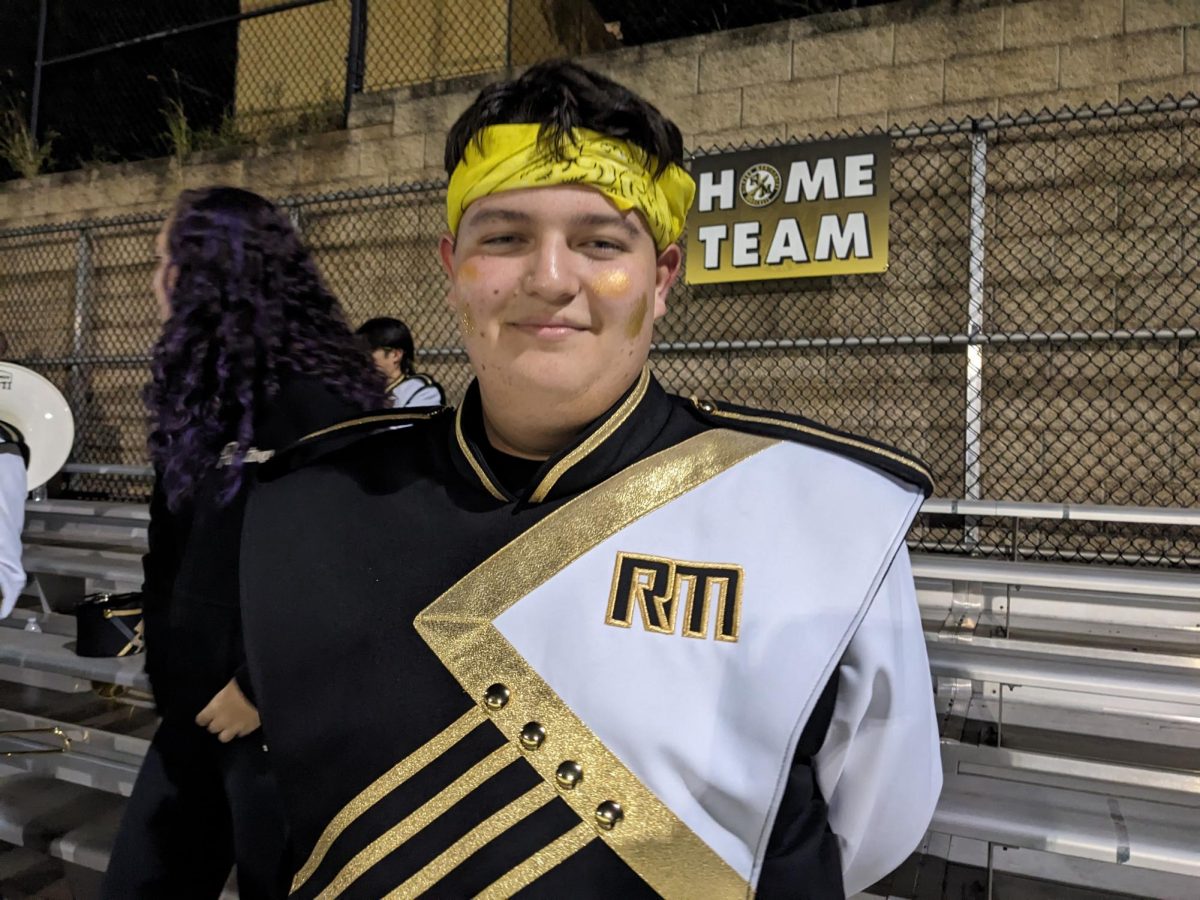If you plan on applying to college, it can be a daunting and overwhelming process, with a lot of decisions to be made and many things to keep track of. This step-by-step guide will talk about letters of recommendation – what are they, how do you get one and how do you submit it?
What is a letter of recommendation?
A letter of recommendation is essentially a fancy letter written by a teacher, coach, or employer to highlight your strengths and qualities that make you a good candidate for college. Usually, if a college you’re applying to requires a letter(s) of recommendation at all, at least one must be written by a teacher. It is recommended to get two letters of recommendation from your teachers, one from a humanities teacher and one from a STEM teacher, although this can differ depending on the student and their interests.
How do you get one?
Time and communication is key with this. If you’re a junior, it would be a good idea to start thinking about a teacher or two who knows you well enough, and who would write something positive about you (teachers WILL write a letter of UNrecommendation if they don’t think highly of you or know you very well).
Go up to the teacher who you want a letter from in person, and ask them if they’d be willing to write a letter for you. Some teachers respond better to such requests if you better them up first, praising the class and how it bettered you as a student.
It is recommended to first ask your teachers before the end of junior year. If they say yes, make sure to email them after talking to them in person, thanking them and leaving a paper trail so they can remember. Depending on the teacher, they’ll ask you if there’s anything that you want them to specifically highlight about you.
English teacher Eleanor Simpson has some insight on how to approach your teacher for a letter. “I think you want to give teachers fuel. You tell them why you’re asking them,” she said. “Basically the more specific you can be, the more specific your teacher’s letter will be. ‘I really appreciate you writing this letter of recommendation because I feel like you really saw me grow as a student.’ If you give them a specific thing they can look at their observations and data and basically build that out. So you’re not telling them what to say, you’re telling them why you think their insight will support your application.”
Senior Shirley Han also has advice from the student’s perspective on how to choose the right teachers to ask. “Look for a teacher who you have a really great relationship with, or one you have time to build a relationship with. Naturally you have conversations and having that conversation and connection with that teacher lets them get to know you outside of the classroom,” she said.
After reaching the agreement that they will write you a letter and sending a follow-up email, you can revisit the issue in September of senior year. Remind your teacher that they agreed to write your letter and ask what information they need from you to do so. Many will ask for a resume or brag sheet. Be very clear about the due dates for the letters based on when your college application(s) are due, and continue thanking them after every step of the process.
How do you submit your letter?
One decision you need to make is if you want to waive your right to read your recommendation letters. It is typically recommended to waive your right, as it looks better to the college(s) you’re applying to. If the person writing your letter is a teacher at RM, then you can request it through Naviance (once it’s linked with your Common App account). Counselors will explain this process in the fall of senior year. Your teacher can then submit the letter on Naviance themselves when they are done writing. If the person writing your letter is not a staff member at RM, then you’ll need to send them a link through Common App directly (or through a college portal).
If you would like to voice your opinion on an issue you feel is relevant to our community, please do so here. Anyone is able and welcome to submit a Letter to the Editor, regardless of journalistic experience or writing skills. Submissions may be published either online or in a print issue.















